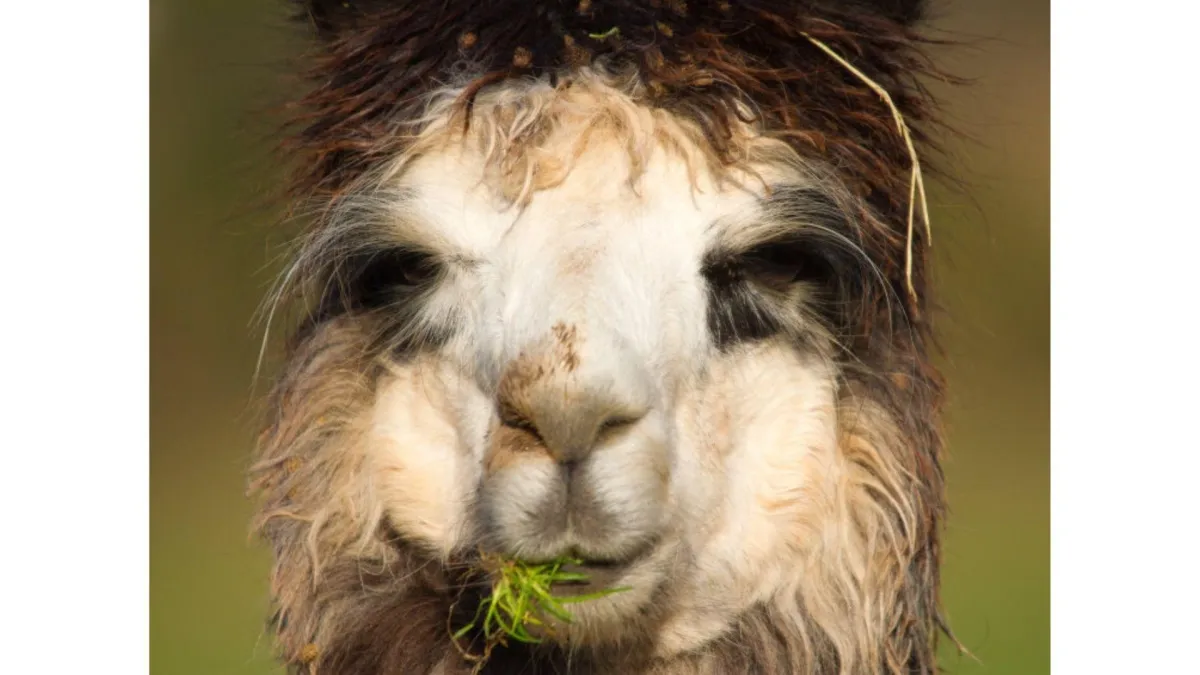
A Useful Aid for Alpaca Farmers – the Code of Welfare for Camelids: Part Three
Part Three of our series on the Code of Welfare for Llamas and Alpacas, we summarise key legal requirements and practical recommendations around housing, disease prevention, elective procedures like castration, and humane euthanasia.
If you're caring for alpacas on a lifestyle block, our Alpaca Health & Husbandry course offers additional practical guidance on keeping your animals healthy and content.
Housing
While most camelids in New Zealand are kept outdoors, the Code does include some standards for housed animals. These are similar to those for other livestock species.
When camelids are housed, they should be provided with soft bedding to encourage lying down, and there must be enough space to avoid bullying. Outdoor runs are essential, and animals should not be penned alone away from their regular paddock companions.
Health and Disease Control
Camelids evolved in sunny, high-altitude environments, so many require supplementary vitamin D over their first two winters. Without it, they are at risk of rickets and other bone issues, especially darker-fleeced or heavily coated animals.
They are also prone to ryegrass staggers and facial eczema. These conditions are common across most of New Zealand, so prevention strategies are important.
Camelids need regular parasite management, especially young or newly weaned animals. Routine drenching, clean pasture rotation and access to a well-designed catch pen make handling and treatment easier.
Every block should have a health plan tailored by a veterinarian or camelid consultant. Preventative care, including vaccination, drenching and vitamin D supplementation, should be well documented.
Code standards:
Anyone responsible for camelids must be competent in recognising illness or injury and take appropriate action.
Recumbent camelids must receive immediate attention.
Toenails must be maintained to prevent lameness or foot injury.
Camelids must receive sufficient vitamin D to maintain health and welfare.
Elective Husbandry Procedures
Camelids are usually castrated to manage breeding and behaviour. However, unlike sheep or cattle, early castration can interfere with bone development. Waiting until after 12 months of age for alpacas, and at least 18 months for llamas and guanacos, helps prevent long-term leg and joint problems.
Only a veterinarian may perform castration, and pain relief must be used.
Fighting teeth in males may be removed or blunted to prevent injury. These procedures should be done by a vet, ideally under sedation, and great care must be taken to avoid damage to surrounding tissues.
Code standards:
Elective procedures must prevent or reduce suffering, not be done for convenience.
Castration must only be done when the animal’s skeleton is sufficiently mature.
Castration and fighting tooth removal must be performed by a veterinarian.
Euthanasia
If euthanasia by firearm is necessary, placement of the shot is critical. The preferred location is the intersection point of lines drawn from the base of each ear to the opposite eye. The aim should be towards the back of the skull, especially if the animal is lying flat. When standing, the shot can be taken from behind the ear.
Code standards:
Camelids must be killed humanely, without unnecessary pain or distress.
They must be rendered unconscious rapidly and remain so until death occurs.
The spinal cord must not be severed until after death.
If stunned by a blow or shot, animals must be bled out immediately to prevent recovery.
More in the series
Part One covers feeding, shelter and shearing.
Part Two covers health management and painful procedures.
You'll also find interesting and practical information about farming alpacas elsewhere on the website. In particular, there is a series of five articles about alpaca behaviour, their health and disease, management, and breeding. For in-depth information, check out our Alpaca Health and Husbandry course.

